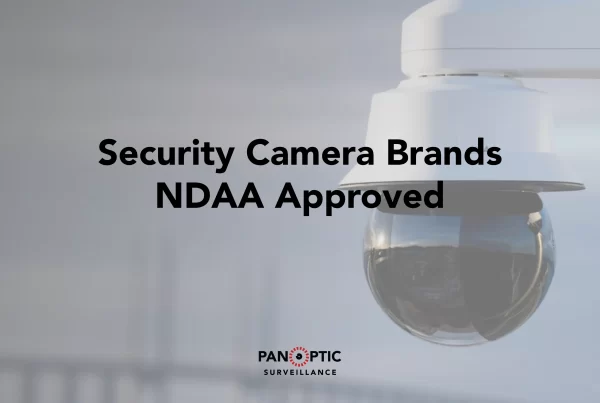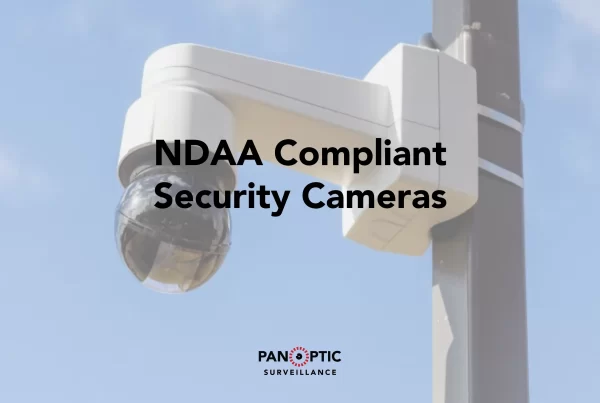The 2023 Ultimate Guide to Mobile Access Control
This detailed manual for mobile access control systems is available. Learn how to allow smartphone door access in this post to increase building security and simplify operations.
Our planet has evolved. The way we engage with actual locations has changed as a result of COVID, which has expedited tendencies that were already underway before the epidemic.
In the last several years, the adoption of technologies and demands that would have taken businesses a decade to implement have accelerated and are now a part of our everyday life. 96% of corporate executives claim that the epidemic has accelerated their digital transformation, which includes making their mobile presence a crucial component of their operations, by 5.3 years. Nowadays, we carry about gadgets that are more powerful in terms of processing than the rockets that were used for the moon landing.
Your phone is everything, according to The Wall Street Journal. Our phones have taken the place of wallets, passports, address books, and even the key cards we bring to work, as well as the need for actual currencies and keys.
As individuals went back to work after the COVID-19 epidemic, there was a demand for a contactless, touch-free method of entering buildings. Many office buildings are now using mobile access control as a result, which has contributed to the problem.
We’ll explain mobile access control, how it functions, and some of the main advantages it has over traditional access control techniques.
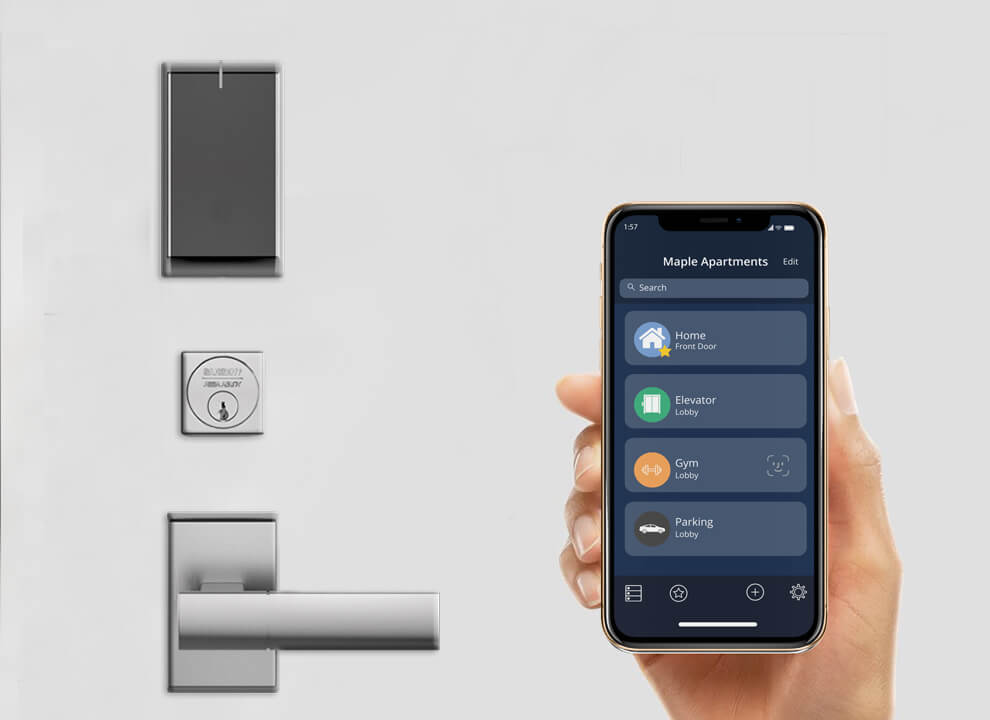
Commercial security cameras for business
- Business security cameras with enhanced coverage and IR that improve situational awareness
- Video analytics with AI to find incidents
- Hours of video are easily sorted through by Video Search to locate a suspicious person or vehicle.
- Integrates with third-party ONVIF® compliant platforms
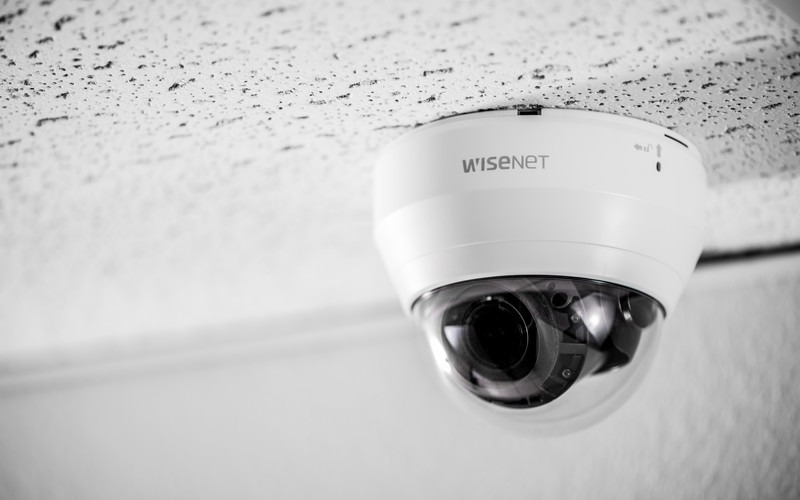
What is Mobile Access Control
Smartphones serve as the digital keycards of the digital era thanks to mobile access control.
The process of allowing or preventing entry to a protected area or facility is known as access control. In contrast, mobile access control uses tablets, smartphones, and other smart devices to provide entry to a facility.
Key cards and key fobs are no longer necessary thanks to mobile access control solutions. They offer a safe, practical, and economical solution to regulate entry to a building or other property from a distance without the need for a specialized security crew or expensive equipment.
Electronic access control, or EAC, includes mobile access control, which eliminates the need for physical keys, locks, and security personnel. A credential, which can be a key card, key fob, biometric scanner, or your mobile device, and a reader, which examines the credential and establishes authorization, are the components of an access control system.
Cloud Based Access Control
Learn about cloud based access control system and its futures.
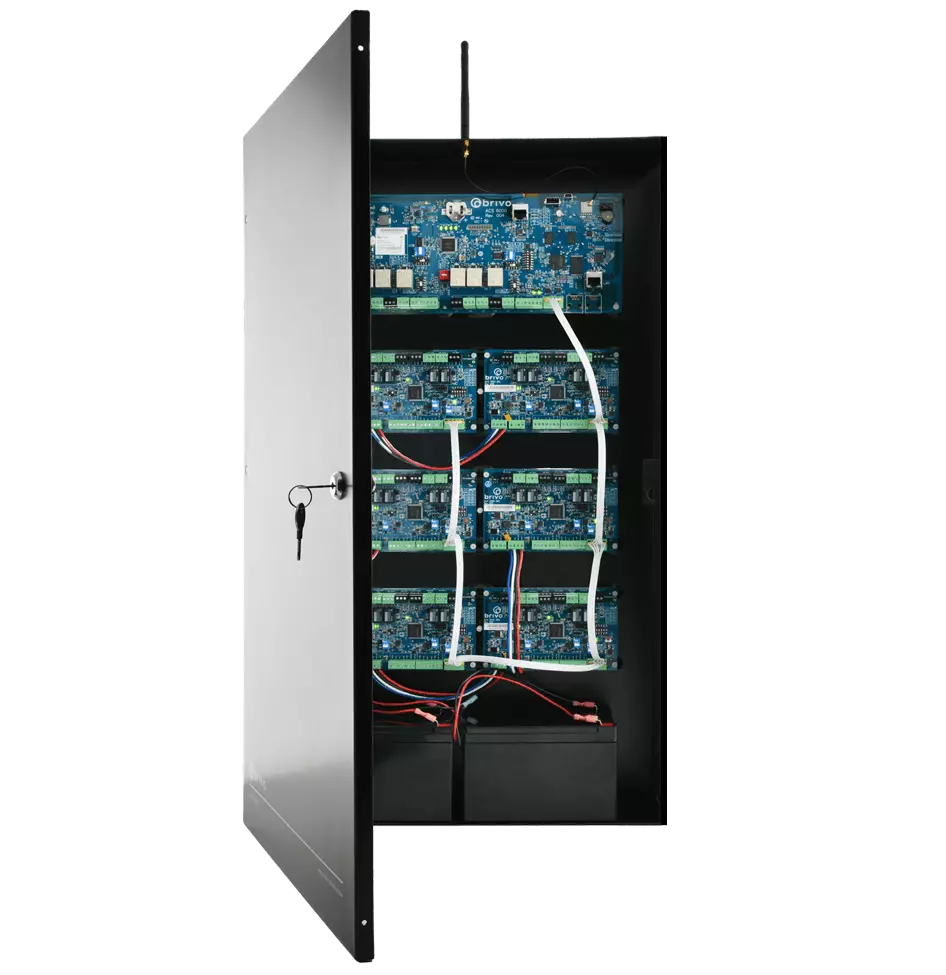
How Mobile Access Control Systems Work
Instead of a key card or key fob, your mobile device itself serves as the entry credential. An NFC or BLE-enabled device must have an app or a native portal in order to employ mobile access control solutions. The device’s wireless technology then establishes a connection with a door reader or Bluetooth-enabled smart lock.
Some of the technologies that make mobile access control possible are:
Near-Field Communication (NFC)
The same technology that allows contactless payments at restaurants, supermarkets, and convenience stores is called Near-Field Communication (NFC).
NFC operates at a closer range than BLE and necessitates that the device be in close proximity to the scanner for at least five seconds. This may make it more difficult for tailgaters to enter the property, albeit it is not guaranteed to do so and is less convenient.
Bluetooth Low Energy (BLE)
BLE makes it possible to link devices and readers without manually pairing them. BLE has greater range and can detect devices up to a few feet away.
Compared to NFC, access control readers can automatically detect signals from approved devices and allow access to them. Compared to NFC, which can take up to 5 seconds of the user holding up their phone, it authenticates significantly more fast.
Local unlocking works well using Bluetooth. Please be aware that your access control device must also be Wi-Fi connected in order to perform remote unlocking.
Control Panel Systems
These are the structural elements that limit the number of individuals who can enter and leave the structure. The hardware that makes electronic access control systems function is primarily meant by this term. Smart locks, RFID-operated doors, and key fob-controlled gates are a few examples of this.
Readers that scan and accept credentials, single door controllers that provide access to a single room or door, or control panels that are located on-site and handle credentials over a local space are all examples of control panel systems.
Cloud-Based Access Control
All access credential information is remotely stored using cloud-based mobile access control through a cloud database. This makes it possible to monitor it remotely using a laptop. Also, unlike more antiquated mobile device access control approaches, it eliminates the requirement for an on-site server to be established at the actual location of the business.
Access Your Office with Smartphone
Discover why thousands of companies have Access Control System
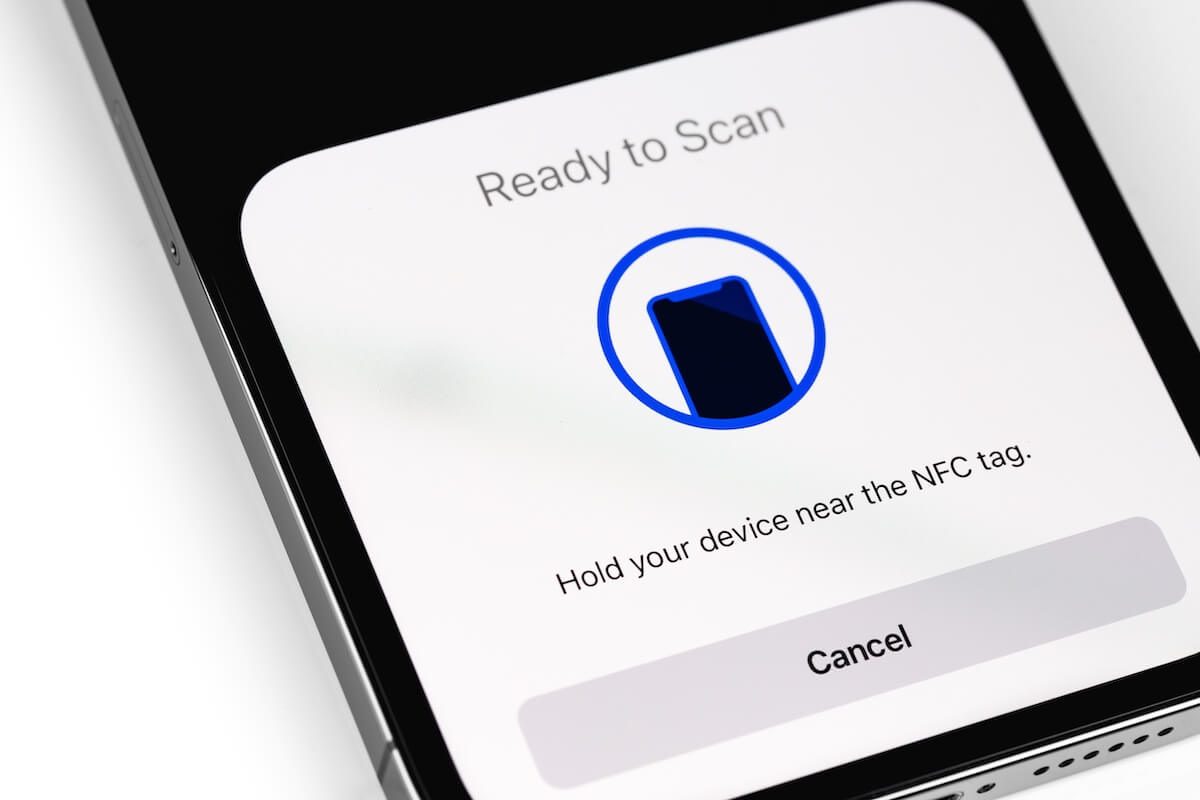
Benefits of Mobile Access Control
Smartphone access control systems provide a number of advantages over more traditional access control methods.
Better Security
Mobile devices, which often have security features like 2FA and Lost Mode integrated into them, serve as a second layer of security. Smartphones are considerably less likely to be taken by uninvited parties or utilized by criminals if they are stolen or lost.
A cloud-based system with real-time, automated security upgrades can be used to enhance mobile access control systems further. By using biometrics and keypads with pins, many office managers and security teams increase security.
Easier Management
Key cards have a bad reputation for being easily misplaced, stolen, or cloned. Security key cards are simple to duplicate with a $20 photocopier. The logistical issues of conventional access control, particularly when cards are lost, include keeping track of which cards enable access to whom and where.
On the other side, mobile access systems enable managers to remotely give access to certain areas of the facility using a mobile application or web browser, simplifying and streamlining management. A user’s access can be given to them or taken away at any time.
Convenient
Smartphones are nearly always used by everyone who works in an office, but key cards and fobs are easy to misplace, biometric screening, and on-site security staff are prohibitively expensive for the majority of firms. When you check in for the day at work, an IT administrator or front-desk personnel does not need to provide you your credentials.
Secure Data Storage
You can monitor the activity of your staff in real-time thanks to mobile access technology. You or your administrators may quickly review the audit trail and take appropriate action if an incident like theft or someone learning they have COVID does occur. This will prevent the matter from getting worse. When situations like theft or unlawful access occur, the audit trail retains a record of everyone who enters your building.
Automated Workflows
Access control credentials can be largely automated to grant and revoke access to authorized personnel to certain areas or hours of the day by setting up pre-defined rules. This saves on operational manpower while also being less prone to human error.
Smartphone access control also makes it easy to onboard new employees and be given all the security access they need to do their job on their first day, rather than having to manually add them into your system or give them unique keycards or pins, which can quickly become cumbersome.
More Cost-Efficient
Using your employee’s mobile devices as access credentials eliminates the overhead you would have to invest in both the machinery it takes to make and clone key cards, but also the cost of replacing them when they get lost or misplaced.
Not only that, but because mobile access control systems are digital, it’s easy to implement them each time your business expands to a new office, a new building, or a new location.
How to Choose the Right Mobile Access Control System For Your Business
Putting in place a mobile access control system may help you save a lot of time, effort, and money in the long run, but choosing the right one for your company’s needs takes some preliminary research.
The following are some things to keep in mind:
Visitor Management Options
Not just your staff will have access to your place. Depending on the type of business you run, you could also want couriers and delivery services to bring stuff to your location, contractors to fix anything that breaks, or potential customers to bring into one of your meeting spaces. They also need to be considered.
Every access control system you choose should include a mechanism to govern the occasional guests that enter and exit your building.
Mobile Apps
The mobile app or portal is where you manage the whole system and manage user access throughout the entire facility. It is crucial that it be simple to use, straightforward, and offer you access to all the reporting analytics you want to manage your area effectively.
Customer Support and Documentation
Who can you turn to for assistance when something goes wrong, when you don’t understand how a feature works, or when something about the UI of the access control system puzzles you? You should be able to get in touch with a remote support staff for a cloud-based access control system whenever problems occur.
Integrations
What programs do you employ in your company? To automate chores, you could wish to combine the mobile access control system with other programs you already use, such as your HRM, Google Sheets, or visitor management system. By incorporating your mobile access control system into your current workflows, you may be able to increase its effectiveness.
Join UPS Stores Using Access Control
With Cloud Based Access Control, UPS Stores can regulate and track who enters its facility for PO Boxes.
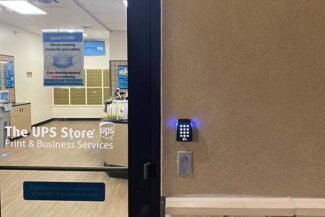
Why Mobile Access Control System You Need
Unlike other access control systems, cloud-based access control is totally cloud-based and does not require an on-site server. It unifies all facets of your access control system in one location and enables you to monitor the security of your facility in real-time. It is a safe, economical, and scalable solution for keyless entry.
If you’re considering installing a mobile access control system for your own business, here’s why mobile access control is right for you:
Affordable: Most organizations cannot reasonably maintain the complex hardware needed by many alternative access control solutions that are now available. Because installing cloud-based access control requires far less hardware, we can provide price alternatives for coworking spaces and small enterprises.
Simplified Access Control: Cloud based access control enables you to remotely monitor the security of your whole organization from one simple app you can use from your own smartphone, as opposed to having to navigate a convoluted or unintuitive platform that throws information at you.
Easier to Install: Less hardware installation and upfront setup are needed to get started with cloud-based access control. From your closets to your file cabinets, our smart locks can accommodate every mechanical lock cylinder.
Advanced Analytics: You may leverage the visibility into space utilization and occupancy provided by cloud-based access control to make the most use of your building or space.
Remote Management: Every lock and door you install with cloud-based access control may be remotely handled from any device and anywhere, negating the need for a specialized IT or security specialist on your workforce. You may even remotely unlock the door for visitors or deliveries if the main entry are equipped with Mobile Access Controllers.
Get Mobile Access Control System today, and you’ll soon see why mobile access control is the security solution for the 21st century.




